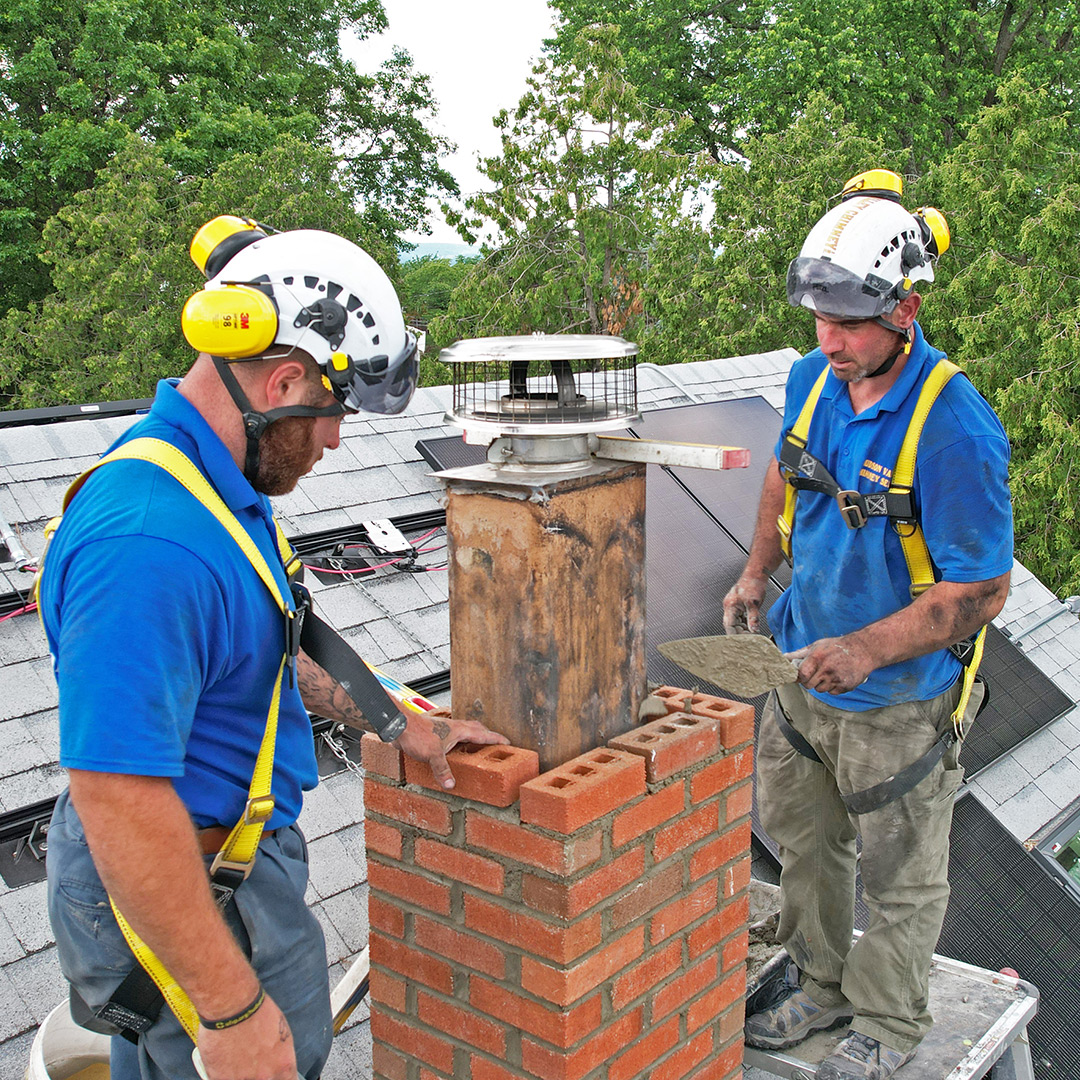Specialist Siding Contractor Services to Boost Visual Allure
Specialist Siding Contractor Services to Boost Visual Allure
Blog Article
Unlocking the Keys of Lasting Masonry Building Practices for Eco-Friendly Structures
Among the myriad techniques to environment-friendly building, lasting masonry construction stands out as a time-tested and sturdy technique that holds a wide range of untapped capacity. From the option of products to ingenious building techniques, the tricks to accomplishing sustainability within masonry construction are complex and appealing.
Advantages of Sustainable Stonework Construction
Welcoming sustainable stonework building and construction techniques not only minimizes ecological effect but additionally supplies long-term financial advantages to building contractors and communities. By utilizing materials like recycled blocks, obstructs, and stones, builders can substantially decrease the carbon footprint of their tasks while advertising resource effectiveness. Additionally, sustainable masonry building and construction strategies, such as proper insulation and thermal mass buildings, can boost power performance within structures, causing minimized functional expenses gradually.
Furthermore, the toughness and durability of masonry frameworks add to long-lasting financial benefits. Buildings built making use of sustainable stonework techniques frequently call for less maintenance and repair work, translating to cost financial savings for building contractors and homeowner. The longevity of masonry materials also makes sure that frameworks remain steady and safe and secure, reducing the demand for frequent renovations or replacements.
Eco-Friendly Masonry Materials
Utilizing environmentally friendly stonework materials is a crucial step in the direction of enhancing the sustainability of construction techniques and minimizing ecological impact while making best use of long-term financial advantages. Sustainable masonry products are sourced, created, and utilized in a fashion that decreases general environmental impact. Sustainable concrete blocks integrate recycled aggregates and may feature improved insulation properties, contributing to power efficiency in buildings.
Furthermore, all-natural materials like adobe, rammed earth, and straw bundles provide excellent thermal mass buildings, lowering the need for home heating and cooling down energy. These products are often locally readily available, promoting local economic climates and lowering transportation-related carbon exhausts. By selecting environmentally friendly masonry materials, construction jobs can significantly decrease their environmental footprint and contribute to the creation of healthier, much more sustainable built settings.
Energy-Efficient Masonry Strategies
Power efficiency plays a crucial role in enhancing the sustainability of masonry building practices. By applying energy-efficient masonry techniques, contractors can substantially decrease the general energy intake of a building, leading to lower functional costs and a smaller environmental impact. One vital energy-efficient stonework method is making use of thermal mass, which includes integrating dense materials like concrete or brick right into the building's structure to soak up and save warm. This assists manage indoor temperatures, lowering the need for mechanical heating and cooling systems.

Advancements in Lasting Stonework
Recent innovations in lasting stonework methods have caused ingenious strategies that are reshaping the building industry. One such development is the development of self-healing concrete, which utilizes germs embedded within the concrete to recover fractures autonomously. This advancement not just reduces maintenance costs but also enhances the resilience of stonework frameworks, adding to their sustainability.
Another noteworthy advancement is making use of recycled aggregates in stonework building - masonry contractor. By including products such as crushed ceramic waste or recycled glass into concrete mixes, building contractors can reduce the environmental effect of building projects while maintaining structural stability. This technique not only diverts waste from garbage dumps yet also preserves natural deposits, making it a key improvement in sustainable masonry construction
Moreover, the integration of digital style tools, such as Structure Details Modeling (BIM), is transforming the way stonework frameworks are planned and constructed. BIM enables for more precise estimations, reduced product waste, and improved energy effectiveness, ultimately resulting in more lasting building methods. These developments jointly represent an appealing future for sustainable stonework construction visit homepage in the era of eco-friendly buildings.
Future Trends in Stonework Sustainability
With the cutting-edge strides made in lasting masonry practices, the future fads in masonry sustainability are positioned to more revolutionize the building and construction sector. Among the vital trends shaping the future of masonry sustainability is the raised integration of technology. Developments such as Structure Details Modeling (BIM) and virtual fact simulations are being used to optimize masonry construction procedures, leading to decreased material waste and enhanced energy performance in buildings.
Additionally, the growth here are the findings of novel sustainable products is set to play a substantial function in improving the eco-friendliness of masonry building. masonry contractor. Advancements like self-healing concrete, recycled aggregates, and bio-based binders are getting traction for their capacity to minimize ecological effect while keeping structural stability

Verdict
To conclude, lasting masonry construction practices use various advantages for environment-friendly buildings. By using environment-friendly materials and energy-efficient methods, masonry can add to a much more lasting constructed setting. Developments in sustainable masonry are continually being developed to even more enhance the ecological performance of buildings. Looking in the direction of the future, the fad of masonry sustainability is expected to Going Here expand, bring about even more environmentally friendly and energy-efficient construction practices in the years ahead.
Report this page